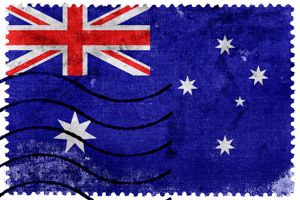
We know you don't have the time to read the 2022 Australian Federal Budget, released in March. You still need to be aware of changes to the tax code, particularly that affect payroll.
To be frank, the 2022 Budget doesn't impact payroll taxes greatly. Thankfully, there aren't changes to the individual income tax rate in 2022-2023. Let's get into two areas that do impact employers' relationships with their employees.
Simplifying Employee Share Schemes
This change aims to streamline the regulation of employee share schemes (ESS) at the federal level. Why is this good news?
For ESS offers that don't require payment for participation from employees or contractors, the ESS won't have to file with the Australian Taxation Office (ATO).
In addition, monetary caps were put in place in exchange for regulatory relief. For unlisted businesses, the ESS offer cap is $30,000 per year, plus 70% of dividends and cash bonuses received during a year. There is a limit of $150,000 over five years unless applicants can immediately take advantage of a planned sale that is advantageous to them.
If you would like to offer your employees shares in your business, it would be prudent to speak with your tax advisor about ESS regulatory relief.
Superannuation drawdown rate extension
The 2022 budget extended the 50% reduction in minimum annual withdrawal requirement until 30 June 2023.
What does the extension of the reduction in the super drawdown rate mean for employers?
It's good to check-in with your superannuation fund to ensure:
- The fund has the most up-to-date roster.
- Employees are informed on how this change may affect their super.
The minimum amount is calculated by multiplying a member's balance as of 1 July by the following rates:
- Under 65: 2%
- 65-74: 2.5%
- 75-79: 3%
- 80-84: 3.5%
- 85-89: 4%
- 90-94: 5.5%
- 95 and up: 7%
The reduction in the minimum annual drawdown rate aims to keep more invested and provide some stability for Australians. While this isn't a payroll change, it is a good thing to provide information on for you and your employees.
There are changes still to come. By January 2024, businesses' Pay-As-You-Go (PAYG) installments will be based on financial performance. That could result in a refund for declined business performance. The Medicare Levy threshold is expected to change as well.
For more information on the whole of the 2022 Australian Federal Budget, you can read this EY article.



